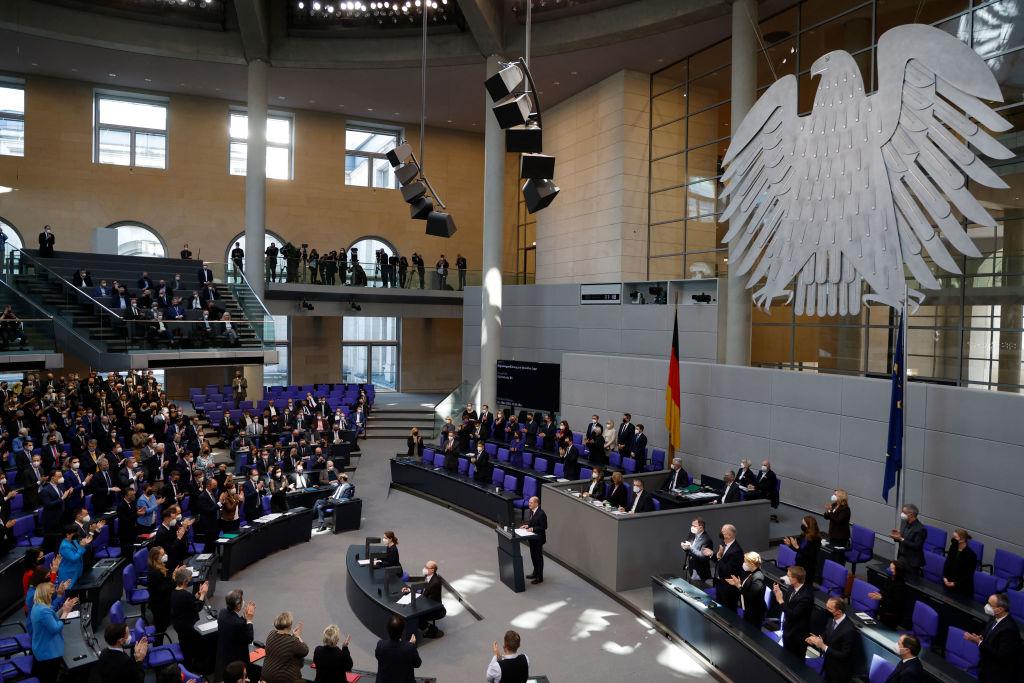
Credit: Odd Andersen/AFP via Getty Images
Germany is pledging to create a €100 billion ($112.7 billion) fund for defense investment this year and promising a dramatic uptick in annual defense spending in response to Russia’s invasion of Ukraine. Chancellor Olaf Scholz told a special session of the German Parliament on Feb. 27 that he wanted...
Subscription Required
This content requires a subscription to one of the Aviation Week Intelligence Network (AWIN) bundles.
Schedule a demo today to find out how you can access this content and similar content related to your area of the global aviation industry.
Already an AWIN subscriber? Login
Did you know? Aviation Week has won top honors multiple times in the Jesse H. Neal National Business Journalism Awards, the business-to-business media equivalent of the Pulitzer Prizes.





